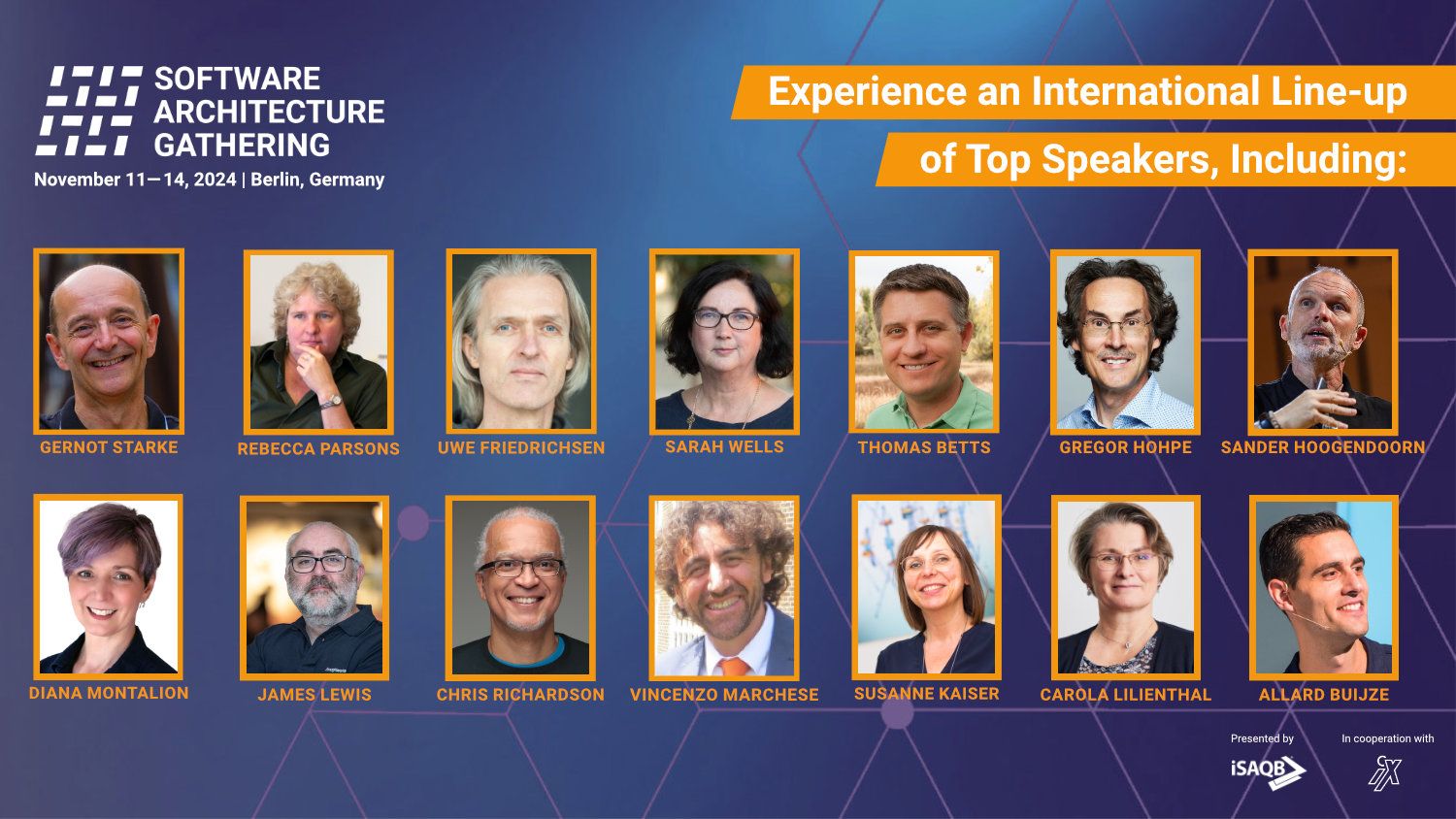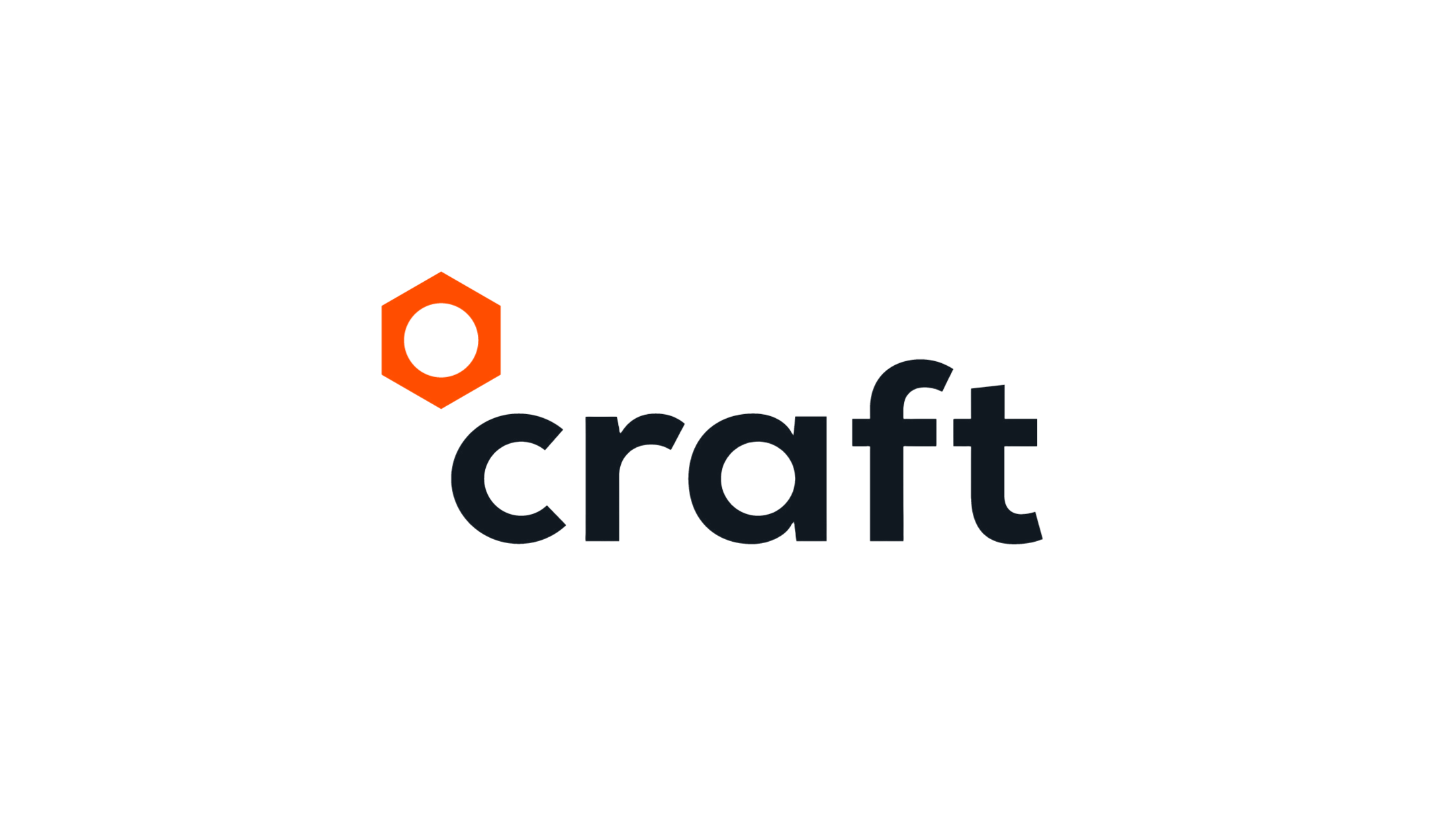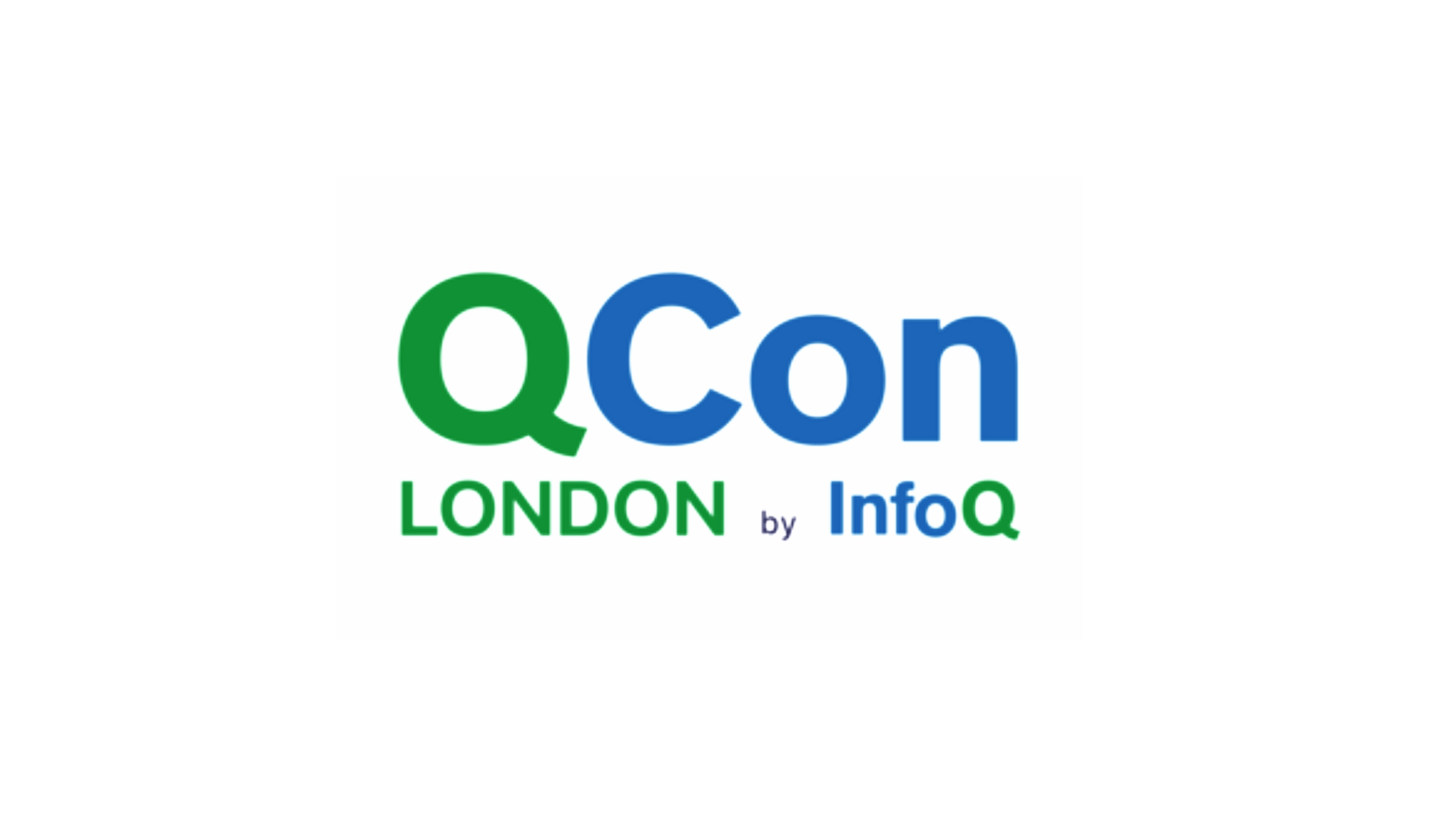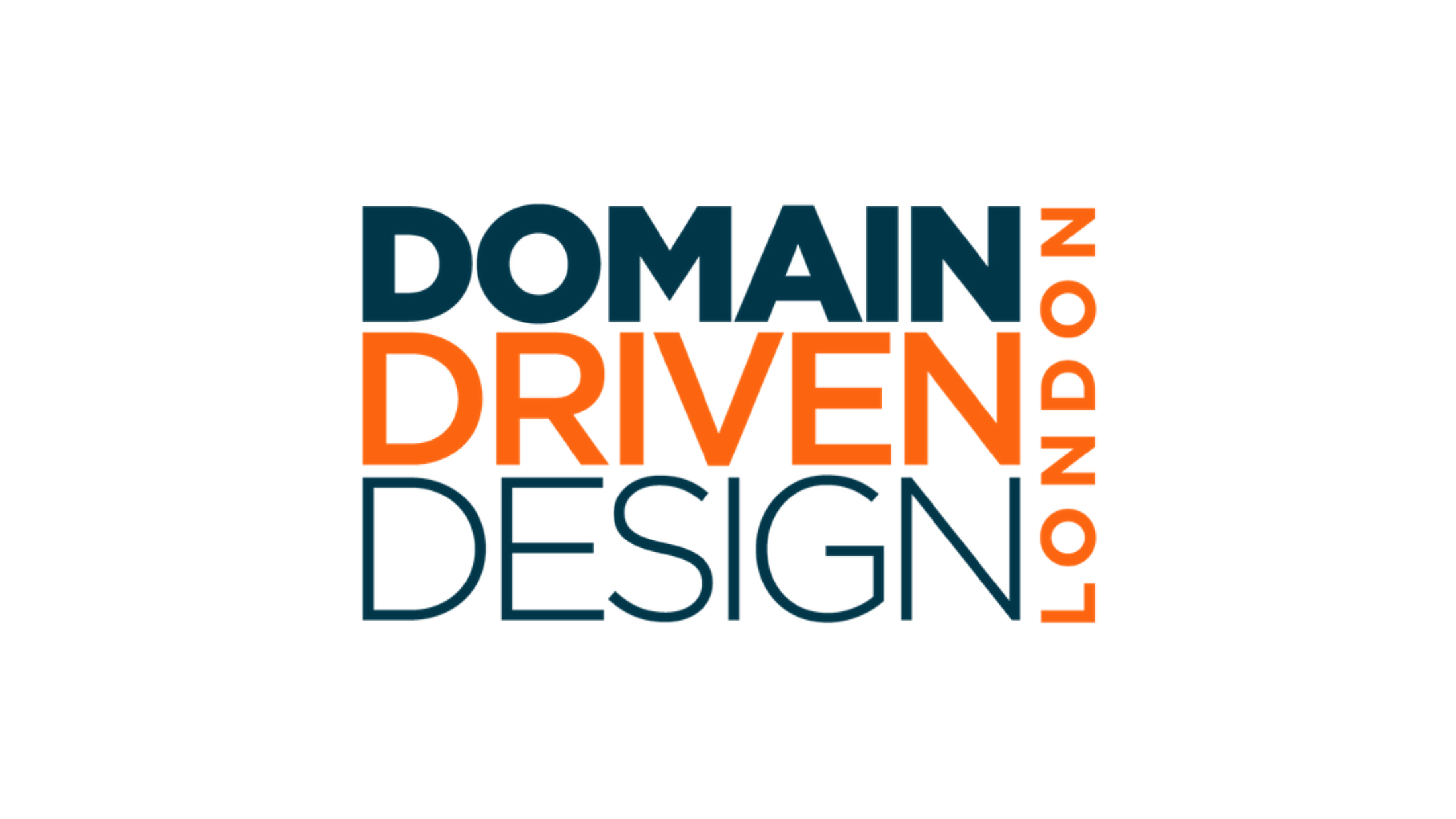· Diana Montalion · Events · 1 min read
Architecture is Designing Knowledge Flow -- SAG
In the tech industry, we are most interested in knowledge stock: What do you know? This focus is holding many individuals, teams and organizations back. As relational complexity increases, individual knowledge stock is insufficient. What we need is knowledge flow.

In the tech industry, we are most interested in knowledge stock: What do you know? What information can you apply easily? Whiteboard tests, for example, assess a candidates stock of knowledge. This focus is holding many individuals, teams and organizations back. As relational complexity increases, individual knowledge stock is insufficient. What we need is knowledge flow. The ability to craft and share knowledge in ways that enable the best possible decisions, under the circumstances, in the midst of change. In this talk, we’ll explore:
- The difference between information, knowledge, understanding and wisdom. In that group … what is data?
- How “management” differs from systems leadership
- The emerging practice of developing knowledge systems as a core architectural practice.
As Larry Prusak says, “Companies that don’t adapt to understanding knowledge as a force of production … will slowly die, and will never know what killed them.” The same is true for technology teams … we are knowledge workers designing knowledge flows. How does this change our approaches?



